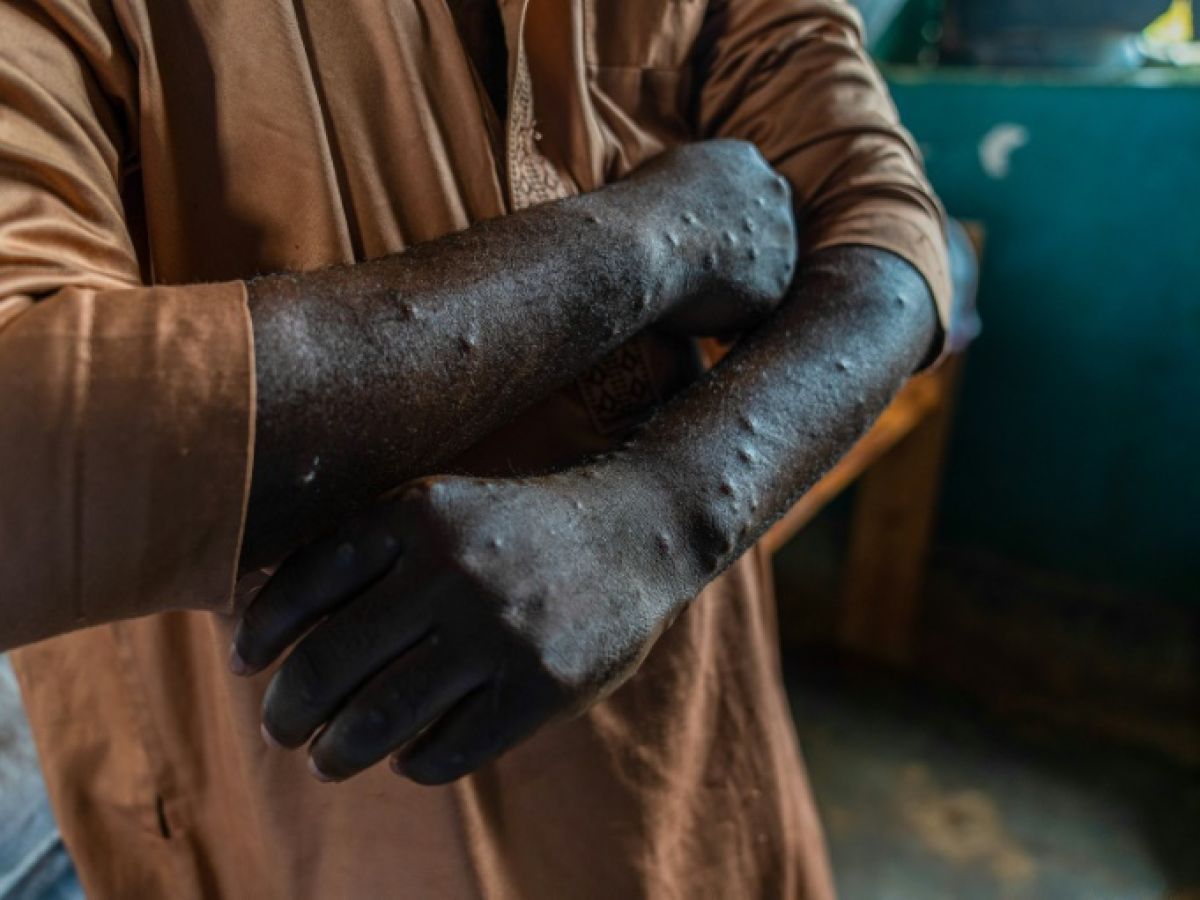The World Health Organization decided on Friday to maintain its highest alert level for the outbreak of COPD, as the number of cases and affected countries continues to increase.
“This decision was taken due to the increasing number of cases and their continued geographical spread, operational challenges on the ground and the need to establish and maintain a coherent response across countries and partners,” the statement said.
"The Director-General of WHO, following the advice of the Emergency Committee of the International Health Regulations, has determined that the resurgence of mpox continues to constitute a public health emergency of international concern," the highest level of health alert from the organization, which had declared this PHEIC on August 14 of this year.
– DRC most affected –
The Democratic Republic of Congo (DRC) is by far the most affected country.

The disease was long known as "monkeypox" because it is caused by a virus related to smallpox.
But health authorities no longer use the term to avoid racist connotations.
MPOX is characterized by skin lesions, such as pustules, high fever and muscle pain.
First identified in the Democratic Republic of Congo (DRC) in 1970, the disease remained confined to around ten African countries for a long time.

But in 2022, it began to spread to the rest of the world, particularly developed countries where the virus had never circulated.
Two concurrent epidemics are raging, one caused by clade 1 in central Africa, affecting mainly children, and another by the new variant, clade 1b, which is affecting adults in another region, in eastern DRC, and in neighboring countries.
– More than 1,000 deaths –
According to figures from early November, nearly 51,000 cases and 1,083 deaths linked to the virus have been reported since January this year.
The DRC, which has recorded more than 39,000 cases and more than 1,000 deaths since the start of the year, launched a vaccination campaign in October that is still "limited", according to the Africa CDC, with some 51,000 people vaccinated for a population of more than 100 million people.
The country, which is among the poorest in the world, must rely on vaccine donations to immunize as a priority those groups deemed to be at risk, such as health workers and sex workers.

Furthermore, the only vaccine deployed at this stage, manufactured by the Danish laboratory Bavarian Nordic, is only intended for adults.
However, nearly 40% of contaminations in the DRC concern children under 15 years old.
About 900,000 vaccines have been allocated by international health agencies to nine African countries hardest hit by the epidemic, including the Central African Republic, Rwanda and Uganda.
The largest will go to the DRC (85% doses).

